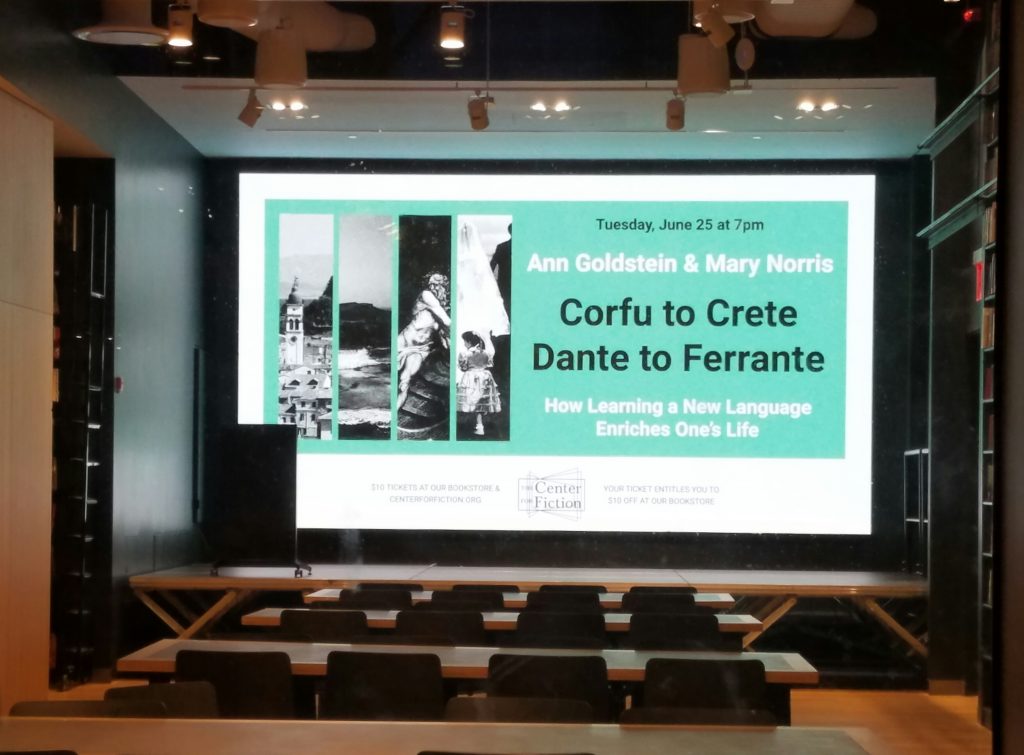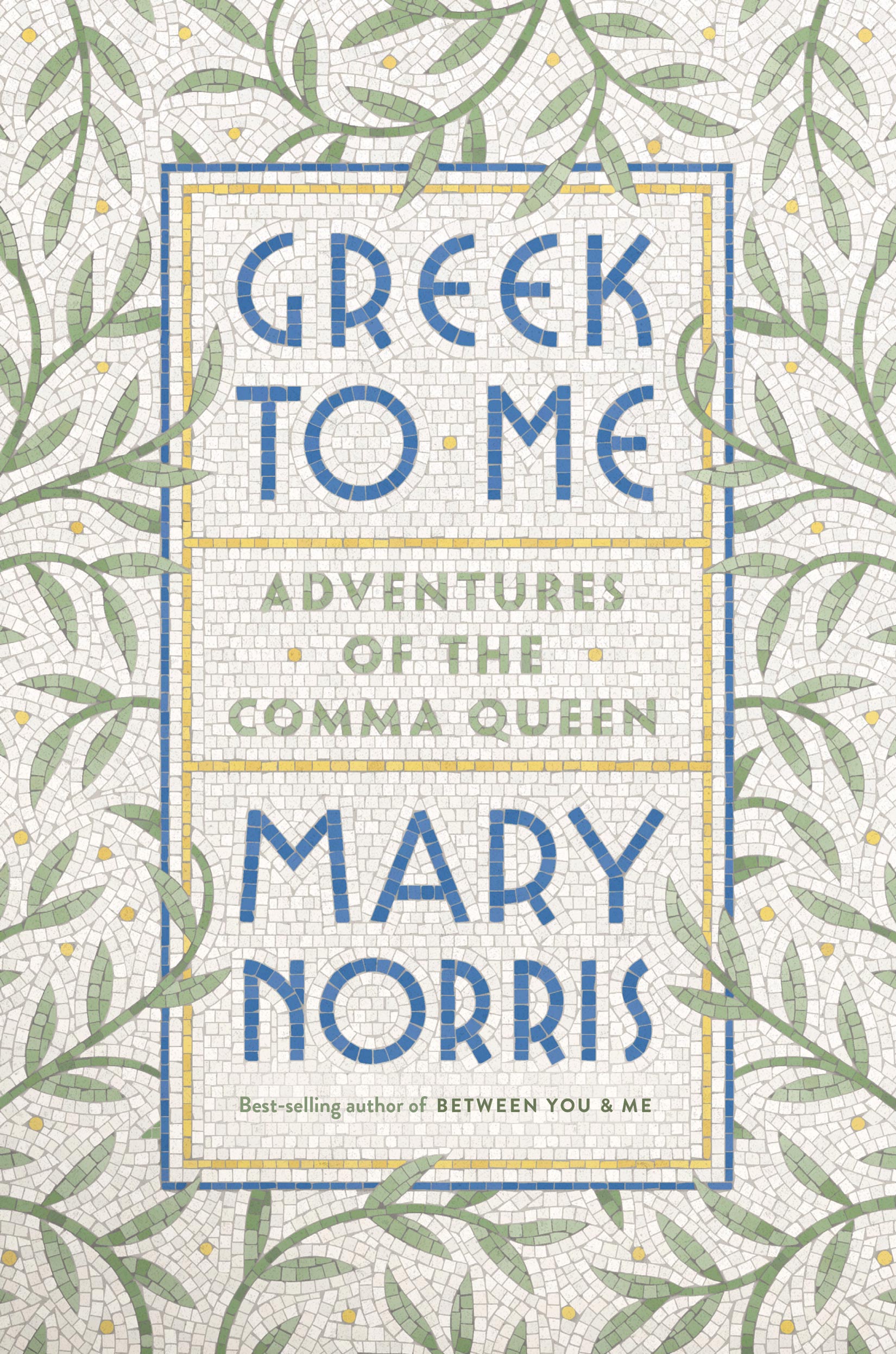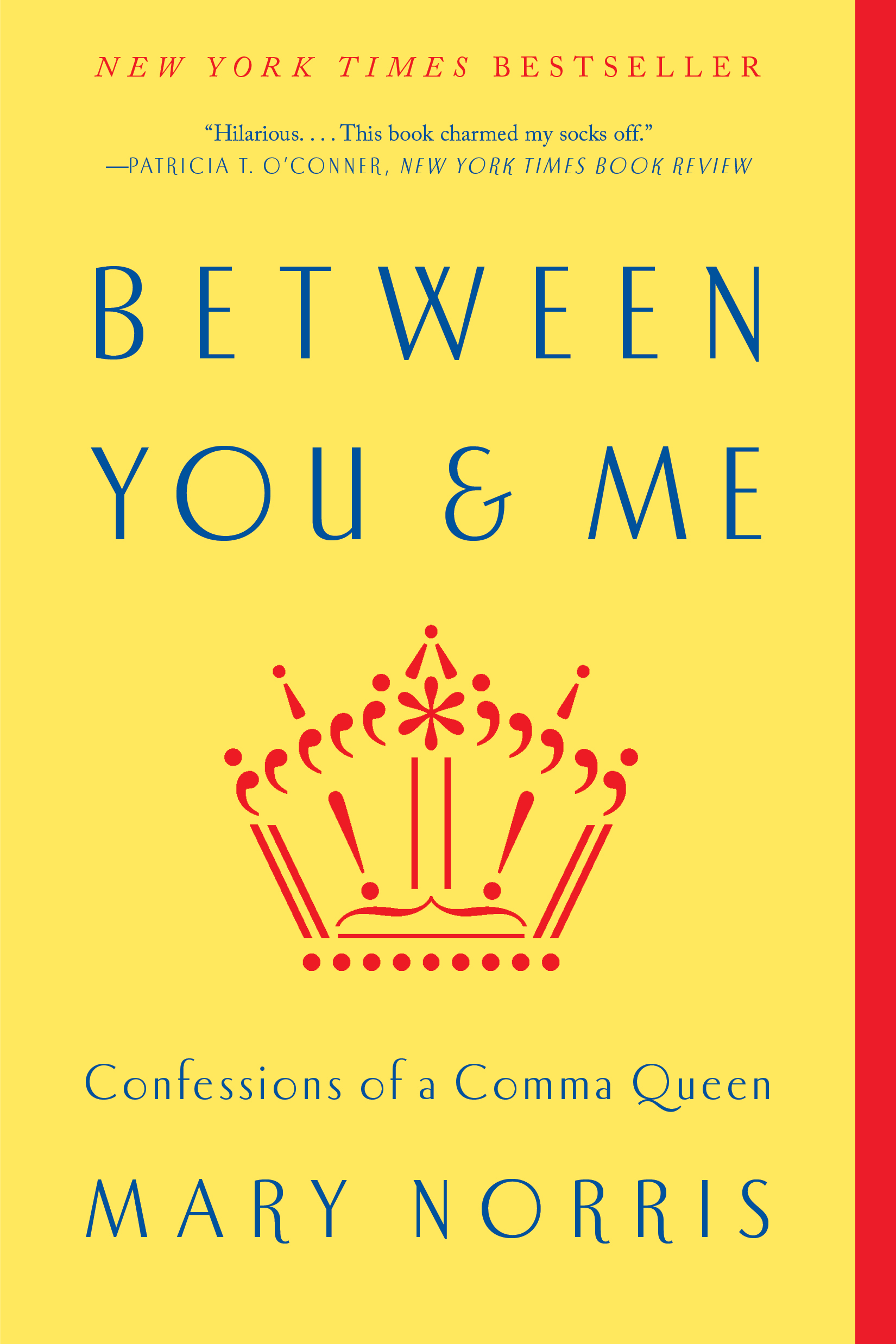June 25, Center for Fiction, Brooklyn, with Ann Goldstein
I’ve noticed that while there is often a buildup to events, there is rarely a recap, and I am still buzzing from the excitement of being onstage with Ann, my truly brilliant friend, last night at the Center for Fiction, in Brooklyn. We had thrown together some slides at the last minute—Ann brought Dante and Ferrante, I brought Homer and Cavafy—and apparently the audience was not as contented as our host, Noreen Tomassi, the director of the Center for Fiction, led us to believe as they endured the technical snafu that delayed the event for a good half hour. We began (at last!) with our beginnings, mine in Greek (with brief readings from GREEK TO ME about my Corfiot teacher, Dorothy Gregory; an interlude in Piraeus with tortoises; and a whirlwind tour of Knossos) and Ann’s in Italian (“Nel mezzo del cammin di nostra vita …”), and then talked about translation and language study with reference to Dante, Ferrante, Pasolini, Morante, Odysseus, and the Cyclops.
In the audience were veterans of the Italian class at The New Yorker: Elizabeth Macklin, Meredith Davis, Bobby Baird. I also spotted the Coffey sisters, Suzanne and Jane, and was delighted to see Susan Packard, a member of the extended New Yorker family (she is the daughter of Eleanor Gould Packard), and Hal Espen, who was in town from Santa Fe. Clare Malone, a former New Yorker fact checker who now writes on politics for 538, was also there, and my neighbor Susan Herman with her book club, and my new friend Rachel Cline, whose novel “The Question Authority” is set in Brooklyn and takes on the #MeToo movement. A large contingent of Ann’s family was also there: Martha, Sam, Willa, Jessica, cousin Joan, friend Malcolm. Afterward, we had a wonderful Italian meal together.

For the event, I prepared a list of recent works that indicate a true renaissance of interest in Greek, both ancient and modern, and I am reproducing it here, to preserve the memory and to give sustenance to anyone looking for something about Greek to read. I kept thinking the list was complete and then having to go back and scribble something on to the end of it.
A Renaissance of Interest in Greek
—Emily Wilson’s translation of the ODYSSEY has displaced Lattimore in classrooms
—Madeline Miller’s best-selling CIRCE fan fiction
—Daniel Mendelsohn’s popular AN ODYSSEY memoir
—Edith Hall, ARISTOTLE’S WAY self-help book on how to be happy
—Stephen Fry, MYTHOS retelling the Greek myths
—Pat Barker, THE SILENCE OF THE GIRLS British writer whose novels about the generation of poets who were shell-shocked war in the First World War turns to the ILIAD
—Germaine Greer, SAPPHO a lecture series
—Artemis Leontis, EVA PALMER SIKELIANOS: A LIFE IN RUINS fascinating academic work on a wealthy American woman who married the Greek poet Angelos Sikelianos, wove her own ancient-Greek style tunics and himations, and staged Greek plays in Delphi
—Andrea Marcolongo, LA LINGUA GENIALE: 9 RAGIONI PER AMARE IL GRECO a best-seller in Italy, the title borrowed from Ferrante, English translation to be issued this fall by Europa MAJOR OVERLAP
—Ersi Sotiropoulos, WHAT’S LEFT OF THE NIGHT, translated by Karen Emmerich modern-Greek novel about Constantine Cavafy as a young man in Paris
—And then there’s the beach read of the season: GREEK TO ME (and by me) about travel and lust for language
—As well as Grant Ginder’s HONESTLY, WE MEANT WELL the most recent entry, a comic novel
Translators, memoirists, novelists, scholars, essayists, lecturers, and an actor from England, America, Australia, Greece, and Italy. All in just the past TWO YEARS! I call that a renaissance.
AND . . . Bryan Doerries’ Theater of War presentation of ANTIGONE IN FERGUSON
AND . . . Ellen McLaughlin’s recent adaptation of the ORESTEIA premiered in May in Washington, DC
AND . . . Simon Critchley’s TRAGEDY, THE GREEKS, AND US a philosopher and blogger for the Times
AND . . . Woolf Studies (2019) devoted to VW’s Greek notebooks

